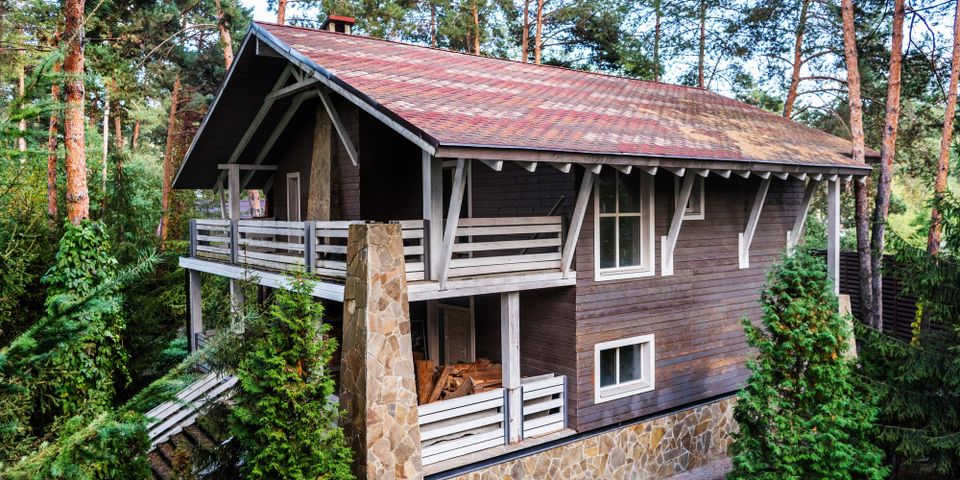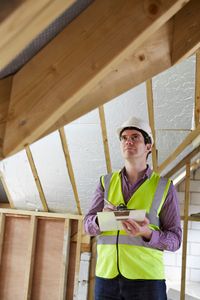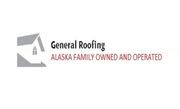
Sometimes, a problem with your roof is obvious. It’s easy to spot missing shingles or a leak, for example, and arrange for roof repair. However, not all roof problems are as noticeable, and in some cases, by the time signs appear, the damage is more widespread and severe. Regular roof inspections can prevent these problems, saving you time and money.
When Should You Schedule a Roof Inspection?
Having your roof inspected by a professional should be a part of your regular home maintenance. Although roofs can last two decades or longer, you should have yours looked at every 2-5 years to help extend its lifespan by catching and correcting problems sooner. In fact, some roofing material warranties require regular inspections to remain valid.
 That doesn’t mean you need to wait to have your roof inspected, though. There are other times when calling a roofer for an assessment is a good idea, including:
That doesn’t mean you need to wait to have your roof inspected, though. There are other times when calling a roofer for an assessment is a good idea, including:
- After Major Storms: If you notice shingles in your yard, gutter damage, or other signs that the weather took a toll on the roof, an inspection can give you an idea of what needs to be fixed and support an insurance claim if necessary.
- When You Plan to Sell the House: If you are thinking about selling your home, a professional roof inspection ensures you make accurate disclosures to potential buyers. It will also alert you to potential issues that could impede the sale or affect the asking price.
- After a New Roof Installation: If you have invested in a new roof (or roof replacement), schedule an inspection when the work is done to ensure that it has been completed correctly.
What Roof Inspectors Look For
During a roof inspection, the inspector will be looking at the condition of the roof, both interior and exterior. This begins with an evaluation of the structure itself, checking for sagging or problems with the pitch. The inspector will also evaluate the condition of the roofing materials, looking for issues such as curling or missing shingles, missing granules on the shingles, and loose nails. The inspector will also evaluate the condition of the flashing, fascia, and soffits, looking for loose or rotted sections and evidence of damage.
Inside, the roof inspector will look at the condition of the roof with an eye toward signs of leaks and water damage, such as staining, damp spots, or cracks. Finally, the inspector will check the condition of the ceilings directly under the roof, looking for additional signs of leaks and water damage. The final report will include suggestions for repair and maintenance.
If it’s time for a roof inspection, schedule an appointment with the professionals at General Roofing. These trusted roofing contractors in Anchorage, AK, are experts in all types of roofing and have been offering services, including roof repairs and siding installations, to homes and businesses for over 40 years. Call (907) 561-1460 to schedule an inspection or visit them online.
About the Business
Have a question? Ask the experts!
Send your question

